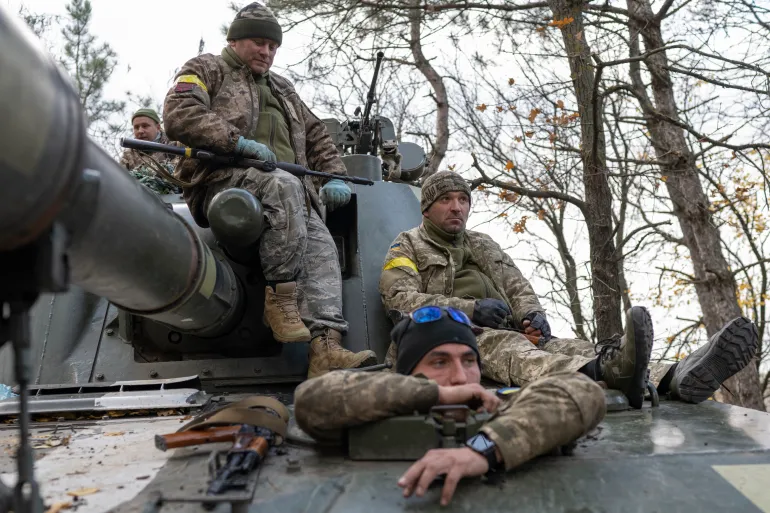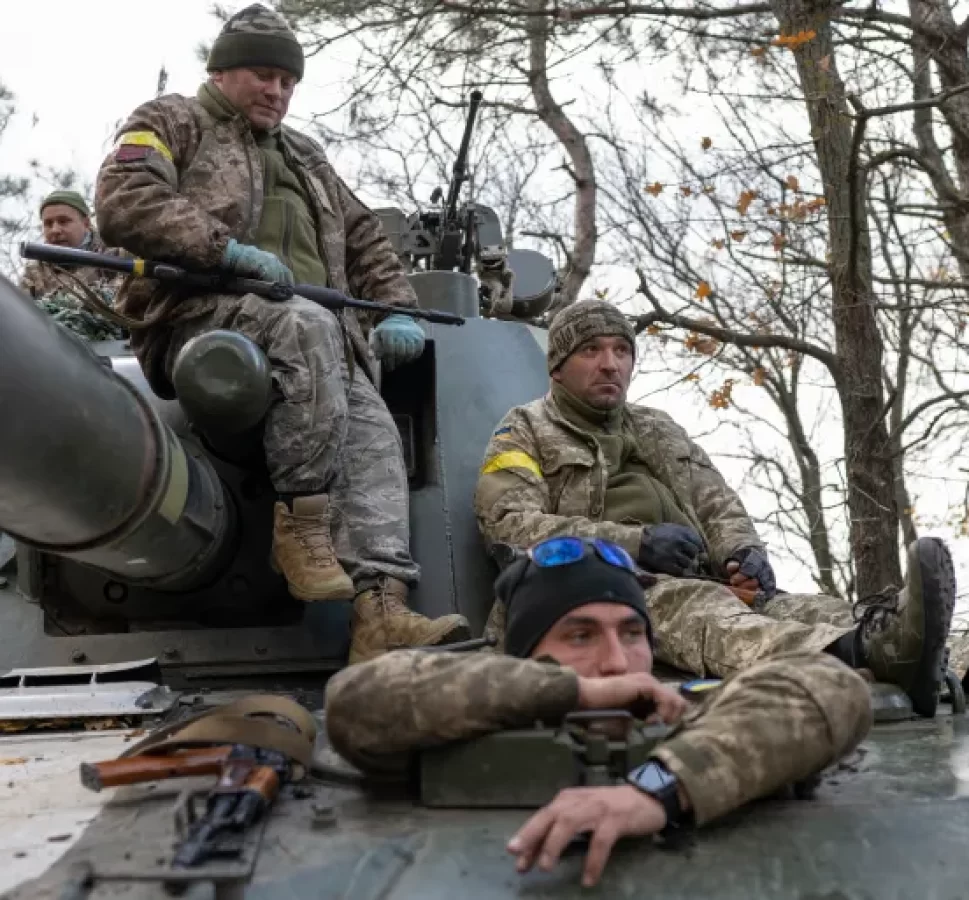
Sweeping new measures target entities including in China, Turkey and UAE in bid to cut off Russia’s supply chain.
The United States has announced new sanctions covering some 130 new entities, including firms in China, Turkey, and the United Arab Emirates, for allegedly supplying Russia’s military with much-needed components and technology and abetting its ongoing war in Ukraine.
“Russia is dependent on willing third-country individuals and entities to resupply its military and perpetuate its heinous war against Ukraine, and we will not hesitate in holding them accountable,” Secretary of the Treasury Jane Yellen said in a statement on Thursday.
The new measures target critical supply chains that have otherwise allowed Russia to circumvent international sanctions and export controls by exploiting “otherwise legitimate economic relationships” with China, Turkey, and the UAE.
These loopholes allow entities in the three countries to send Russia “high-priority dual-use goods” such as vehicle parts or encryption software that can be used by civilians or the military.
In a move welcomed by Ukraine, the latest sanctions mark the first time Washington has moved against the production of Russia’s Lancet suicide drones.
Ukrainian soldiers say the drone – an angular grey tube with two sets of four wings – has emerged as an increasing threat on the front lines.
In his nightly video address, President Volodymyr Zelenskyy hailed the measures as “just what is needed”.
His chief of staff, Andriy Yermak, agreed.
“I am very pleased that … restrictions are being tightened against companies associated with the military-industrial complex of the Russian Federation … ,” Yermak wrote on the Telegram messaging app.
The new Treasury sanctions also target Russia’s domestic industrial base, which, the Treasury said, had been reorientated from “producing goods for the Russian people to attempting to ensure that the war machine can sustain itself”.
Separately on Thursday, the US Department of State added 100 new sanctions targeting Russia’s energy, metals and mining sectors, defence procurement and “those involved in supporting the Russian government’s war effort and other malign activities”.
The Commerce Department, meanwhile, also blacklisted 12 Russian companies and another from Uzbekistan that is says helped Moscow acquire critical drone technology.
The US, European Union and other countries have already sanctioned hundreds of Russian individuals and entities since Moscow’s unprovoked invasion of Ukraine in February 2022.
Further sanctions have also targeted its economy, freezing overseas assets, restricting exports, and otherwise making the cost of doing business in Russia extremely challenging and expensive.
Yellen said the “global sanctions coalition” had “choked off Russia’s access to key inputs for its military-industrial complex and has undermined the Kremlin’s ability to wage its unprovoked war”.
Despite the sanctions, Russia’s economy is expected to grow 1.5 percent this year, according to the European Bank for Reconstruction and Development as countries like China, Turkey and India have provided Moscow with a critical economic lifeline.






